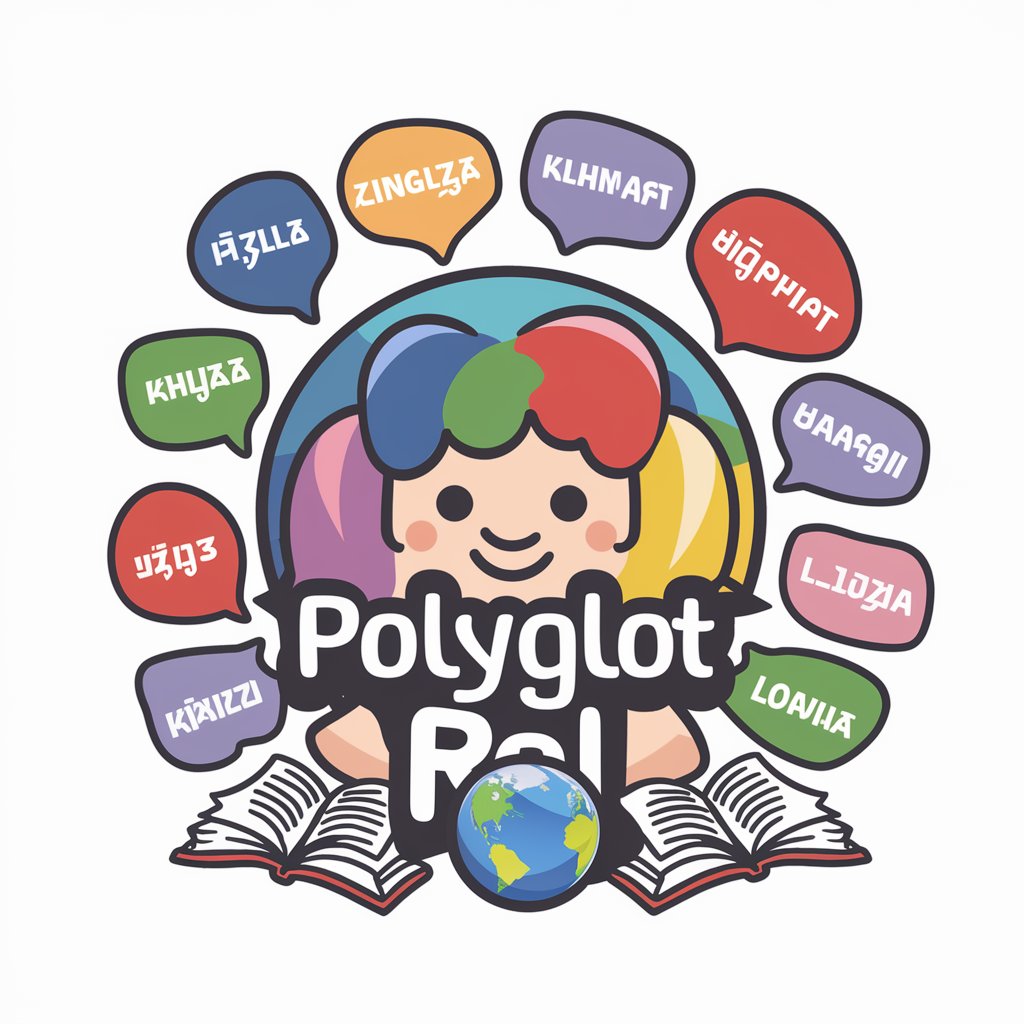
Parselmouth - HTML Data Parsing

Hello! I'm Parselmouth, your web scraping assistant.
AI-Powered Web Scraping Simplified
Generate a Python script to
Parse the HTML to extract
Create a web scraping tool that
Automate data collection from
Get Embed Code
Introduction to Parselmouth
Parselmouth is a specialized GPT designed for HTML parsing and Python script generation for web scraping. It assists users in confirming the presence of data on web pages, specifies what data to scrape, and provides Python scripts for the actual scraping task. This GPT also reminds users about Python usage and provides links to the Python website for the correct version. It offers customization by replacing placeholders like 'YOUR_TARGET_URL' in the scripts and allows users to specify the desired output format. After delivering the initial script, Parselmouth suggests enhancements such as error handling, data cleaning, and automated scheduling to improve the scraping process. Powered by ChatGPT-4o。

Main Functions of Parselmouth
HTML Parsing
Example
Generating a script to parse data from an e-commerce site's product listings.
Scenario
A user needs to extract prices and descriptions from multiple product pages. Parselmouth provides a script that navigates through these pages and extracts the required information, handling pagination and dynamic content loading.
Python Script Generation
Example
Creating a script to automate the download of PDF files from a research journal site.
Scenario
A researcher wants to download all articles from a specific issue of a journal. The GPT generates a Python script that identifies PDF links on the issue's page and sequentially downloads each file.
Custom Script Customization
Example
Modifying a script to include error handling and logging features.
Scenario
A business analyst requires reliable daily updates from financial news sites. The GPT enhances the basic script to include error logging and retry mechanisms, ensuring robustness and continuity in data scraping operations.
Output Format Specification
Example
Scripting data extraction to output in JSON format for integration with a database.
Scenario
A developer needs to integrate scraped data directly into a NoSQL database. Parselmouth provides a script that formats the scraped HTML data into JSON, ready for database insertion.
Ideal Users of Parselmouth Services
Data Scientists and Analysts
These professionals often require large volumes of data for analysis, which can be cumbersome to collect manually. Parselmouth automates and streamlines data collection, allowing for more efficient analysis and decision-making.
Web Developers
Developers working on projects that integrate data from various online sources will find Parselmouth invaluable for creating and managing backend scripts that automate data collection for websites or applications.
Research Scholars
Scholars needing access to numerous publications or data sets from different sources can use Parselmouth to automate the collection process, saving time and ensuring they can focus more on their research and less on data gathering.
E-commerce Professionals
For those in e-commerce, staying updated with competitor prices, product availability, and market trends is crucial. Parselmouth can automate the monitoring and reporting of this data, providing a competitive edge.

Steps to Use Parselmouth
Start Free Trial
Visit yeschat.ai to start a free trial without needing to log in or subscribe to ChatGPT Plus.
Prepare HTML Source
Ensure you have access to the HTML source you wish to parse. This could be from websites, files, or other HTML documents.
Choose Data to Scrape
Identify the specific data you want to scrape, such as text, links, or images, from the HTML content.
Generate Python Script
Use Parselmouth to generate a Python script tailored to extract your specified data using libraries like BeautifulSoup or Selenium.
Run and Refine
Run the script in your Python environment, review the output, and refine the script as needed to ensure data accuracy and efficiency.
Try other advanced and practical GPTs
GigoloGPT
Craft Smarter Conversations with AI

Deck Master
Enhancing Your Game with AI Wizardry

Image Descriptor
Detailing Visuals with AI Power

DFIR-GPT
AI-powered Forensics Simplified

Group Interview Coach 群面教练
Master Group Interviews with AI

Group Dynamics Coach
Enhance teamwork with AI-powered simulations

Parenting Wisdom
AI-powered parenting mentorship

PW Aux Guide
Automating PowerWorld with AI

Family Law Guide Australia
Navigate Family Law with AI Assistance

Geo
Decipher Earth with AI

Gage's Advanced Code Tree
Empowering Code Perfection with AI

Addiction-Psychology Academic Assistant
Empowering Psychology Insights with AI

Parselmouth Q&A
What is Parselmouth?
Parselmouth is a specialized GPT designed to assist with HTML parsing and generating Python scripts for web scraping, facilitating data extraction from web pages.
How can Parselmouth improve web scraping tasks?
Parselmouth can automatically generate optimized Python code for web scraping, handling complexities like page navigation and data extraction patterns, which saves time and reduces manual coding.
Can Parselmouth handle dynamic websites?
Yes, Parselmouth can generate scripts using Selenium to interact with dynamic websites, allowing for the scraping of content loaded by JavaScript.
Is there a way to limit rate in web scraping with Parselmouth?
Parselmouth can include rate limiting functionalities in the generated Python scripts to ensure that the web scraping activities adhere to website's terms of service and avoid overloading servers.
Can Parselmouth help with data cleaning?
Yes, Parselmouth can be customized to include data cleaning functions in the Python scripts it generates, helping to ensure the quality and usability of the scraped data.





